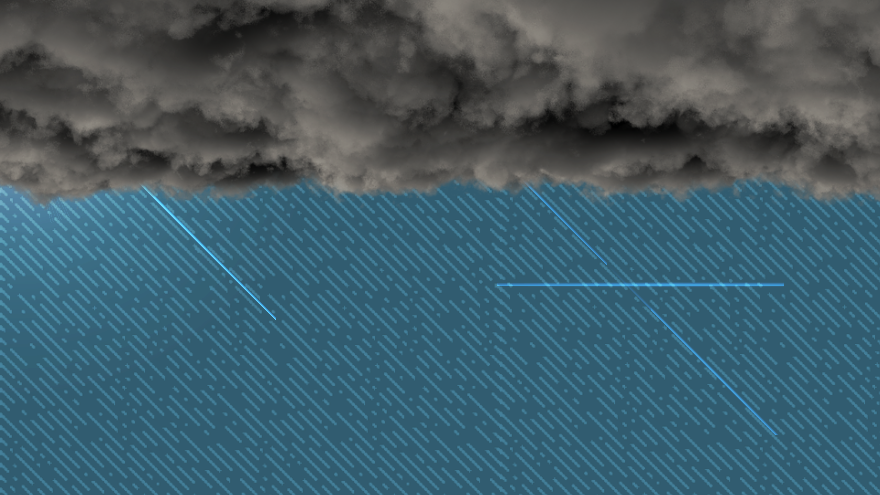Though Dubai is one of the driest places on earth, on April 16 the city was pounded over a 24-hour period with the amount of precipitation that normally falls during the course of two years. Given the generally arid climate, the United Arab Emirates has been cloud seeding for decades. The process works by using planes to disperse seeding agents, like silver iodide or potassium iodide, into clouds to alter the weather. Johan Jaques, a senior meteorologist at environmental technology company KISTERS, says there could be "unintended consequences" or even diplomatic consequences from using technology to alter the weather. "Cloud seeding aims to enhance and accelerate the precipitation process. Especially in areas which have not seen any rain over a long time, such intense precipitation can lead to infiltration excess flow, with potential flash floods as a result," Jaques said in a statement to Newsweek. "The Dubai floods act as a stark warning of the unintended consequences we can unleash when we use such technology to alter the weather,” he added. "Additionally, we have little control over the aftermath of cloud seeding. Where exactly is it going to be raining effectively? Using techniques such as cloud seeding to bring much-needed rainfall in one area can cause flash floods and droughts in another." Experts have cast doubt that the devastation caused by this week’s flooding in Dubai was the result of intentional manipulation. “It's most certainly not cloud seeding,” said private meteorologist Ryan Maue, former chief scientist at the U.S. National Oceanic and Atmospheric Administration. “If that occurred with cloud seeding, they'd have water all the time. You can't create rain out of thin air per se and get six inches of water. That's akin to perpetual motion technology.” Jaques says that if there were intentional seeding, it could impact weather in other countries, leading to international conflicts. “Interference with the weather also raises all kinds of ethical questions, as changing the weather in one country could lead to perhaps unintended yet catastrophic impacts in another, after all, the weather does not recognize intentional borders,” he said. “If we're not careful, unrestrained use of this technology could end up causing diplomatic instabilities with neighboring countries engaging in tit-for-tat 'weather wars.’” A full-scale weather war, however, could be unlikely to emerge given the 1976 Weather Weapons Treaty, which prohibits any country from using weather modification technology as a weapon against another.Within days of a torrential downpour flooding the city of Dubai, a meteorologist is sounding the alarm over the potential that countries could use weather as a weapon against other nations.
News /
After Massive Flooding In Dubai, Meteorologist Warns of Potential For Weather Wars
Intentional weather modification 'raises all kinds of ethical questions'

*For corrections please email [email protected]*
